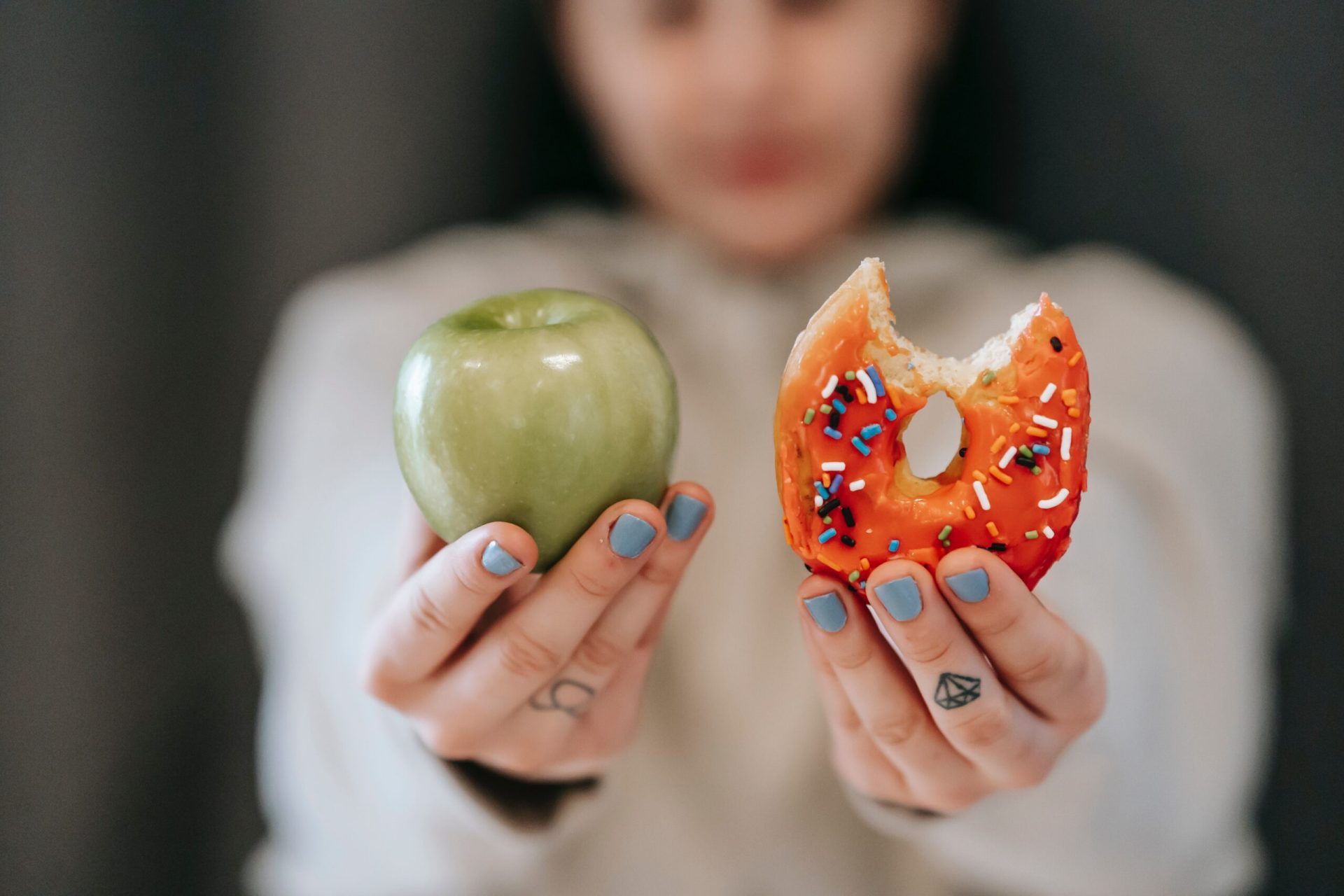The Truth About Diabetes Myths: Separating Fact from Fiction
When it comes to diabetes, there are a lot of myths and misconceptions out there. These myths can be harmful and lead to incorrect information being spread. That’s why it’s important to separate fact from fiction and get the truth about diabetes. In this article, we’ll explore some common myths about diabetes and provide accurate information to help you better understand this condition.
Myth #1: Diabetes is caused by eating too much sugar
Many people believe that eating too much sugar causes diabetes. While consuming too much sugar can contribute to weight gain, which is a risk factor for type 2 diabetes, it’s not the sole cause of the condition. In fact, the exact cause of type 1 diabetes is still unknown, and type 2 diabetes is caused by a combination of genetic and lifestyle factors.
Myth #2: People with diabetes can’t eat carbs
Carbohydrates are an important part of a healthy diet, and people with diabetes can eat carbs. The key is to choose the right types of carbs and watch portion sizes. Complex carbs, such as those found in whole grains, fruits, and vegetables, are digested more slowly and have a smaller impact on blood sugar levels than simple carbs, such as those found in candy and soda. People with diabetes should aim to eat a balanced diet that includes a variety of foods, including carbs.
Myth #3: Diabetes only affects overweight people
While being overweight is a risk factor for type 2 diabetes, it’s not the only factor. Genetics and lifestyle also play a role. People who are thin can also develop type 2 diabetes, and people who are overweight may never develop the condition. It’s important to focus on overall health and lifestyle habits, rather than just weight.
Myth #4: Insulin cures diabetes
Insulin is a necessary treatment for people with type 1 diabetes and some people with type 2 diabetes. However, it doesn’t cure the condition. Diabetes is a chronic condition that requires ongoing management and lifestyle changes. While insulin can help regulate blood sugar levels, it’s not a cure.
Myth #5: Diabetes is not a serious condition
Diabetes is a serious condition that can lead to a variety of complications, including heart disease, stroke, kidney disease, nerve damage, and blindness. It’s important to manage diabetes carefully to prevent these complications from occurring. This includes monitoring blood sugar levels, taking medication as prescribed, eating a healthy diet, and getting regular exercise.
Myth #6: People with diabetes can’t eat sweets or desserts
People with diabetes can eat sweets and desserts, but it’s important to watch portion sizes and choose wisely. Eating a small serving of dessert as part of a balanced meal can be okay for some people with diabetes. It’s important to remember that sweets and desserts are high in calories and can cause blood sugar levels to spike if eaten in large amounts.
Myth #7: Diabetes is contagious
Diabetes is not contagious. It’s a condition that develops when the body is unable to produce or use insulin properly. You can’t catch diabetes from someone else, and you can’t give it to someone else.
Myth #8: Only older people get diabetes
While the risk of developing diabetes increases with age, people of all ages can develop the condition. Type 1 diabetes is often diagnosed in childhood or adolescence, while type 2 diabetes is becoming more common in younger people. It’s important for people of all ages to be aware of the risk factors for diabetes and to take steps to prevent the condition from developing.
Myth #9: People with diabetes can’t exercise
Exercise is an important part of diabetes management. It can help regulate blood sugar levels, improve cardiovascular health, and reduce the risk of complications. People with diabetes should aim to get at least 150 minutes of moderate-intensity exercise per week, such as brisk walking or cycling. It’s important to talk to a healthcare provider before starting an exercise program to ensure safety and to make any necessary adjustments to medication or diet.
Myth #10: Diabetes can be cured with natural remedies
While there are many natural remedies and supplements that claim to cure diabetes, there is no cure for the condition. Some natural remedies may help with symptom management or blood sugar control, but they should never be used as a replacement for medical treatment. It’s important to work with a healthcare provider to develop a comprehensive treatment plan that includes medication, lifestyle changes, and any necessary natural remedies.
In conclusion, it’s important to separate fact from fiction when it comes to diabetes. Myths and misconceptions can be harmful and lead to incorrect information being spread. By understanding the truth about diabetes, we can better manage the condition and prevent complications. Remember to focus on overall health and lifestyle habits, rather than just one aspect, and work with a healthcare provider to develop a comprehensive treatment plan. With the right information and support, people with diabetes can lead healthy, fulfilling lives.







